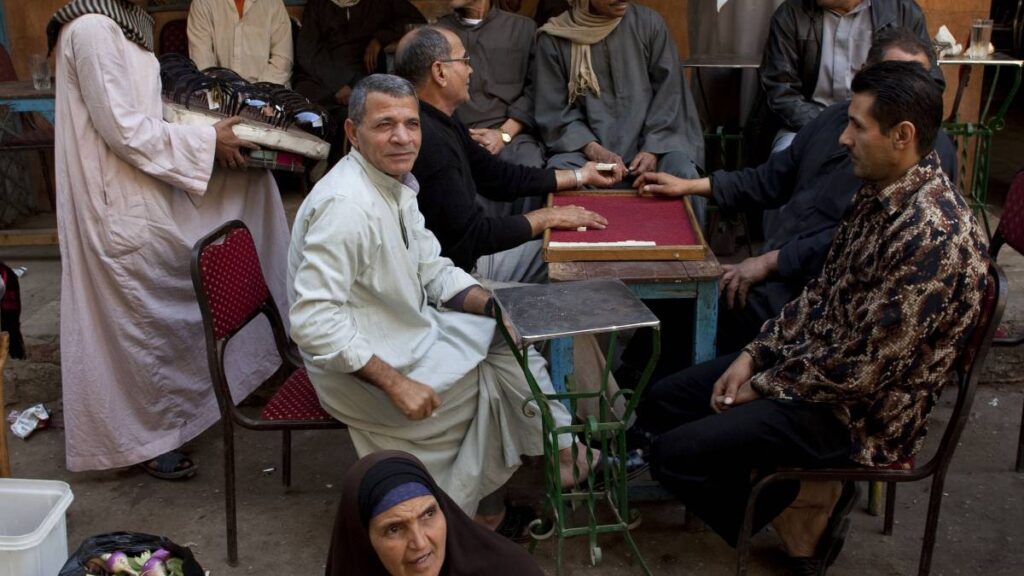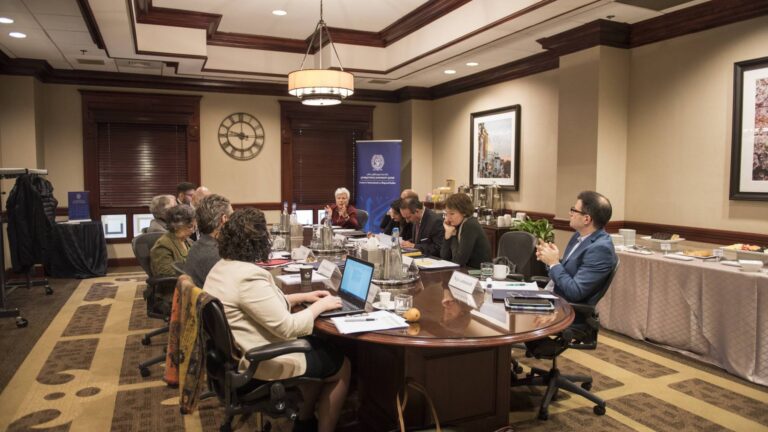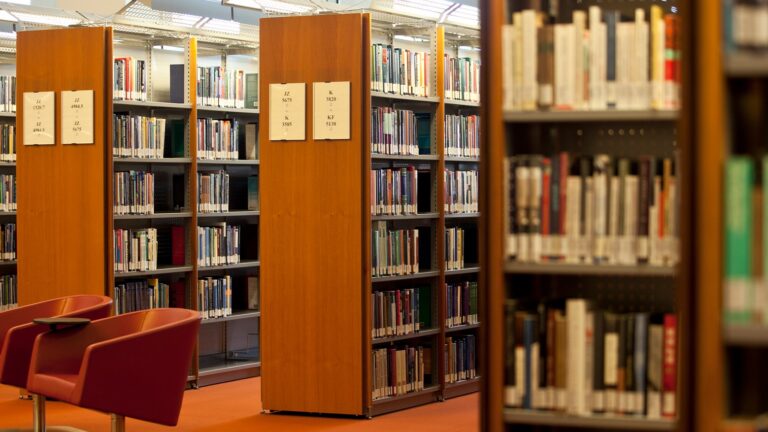Informal Politics in the Middle East

The multiple sites of public protest and resistance seen during the Arab Spring were a result of the coalescing of different social forces and the spontaneous display of citizens’ activism not seen for decades. The mobilization of those different sets of informal actors that has been rooted in previous activism within the informal sector of society revitalized the significance of looking beyond the state in order to understand social and political forces and dynamics. Since the Arab Spring there has been an increasing academic and policy interest in studying the role and influence of informal spaces where networks of activism and resistance might develop and grow. CIRS launched this new research project on “Informal Politics in the Middle East” to, among other things, expand our understanding of the historical roots of informal networks in the Middle East, their capacity to engage as an alternate setting for political engagement, and to study the continuities and discontinuities in the state-informal actors relationship in the region.


